Funk music, a vibrant and dynamic genre born from the rich tapestry of African American culture, has long been shrouded in myth and mystery regarding its origins. While many believe funk emerged spontaneously in the mid-20th century, its roots stretch far back into America’s history, blending African rhythms, spirituals, and the resilience of enslaved people with the raw energy of blues and jazz. This article delves into the fascinating journey of funk music, exploring its early influences, key figures, and the cultural shifts that shaped it into the iconic genre we know today. From the melting pot of New Orleans to the groundbreaking work of James Brown, Prince, and Rick James, funk music’s origin story is one of creativity, struggle, and transformation. Join us as we uncover the layers of history and innovation that make funk a truly timeless art form.
Key Takeaways
– Funk Music Origins: The creation of funk was a collaborative effort, with James Brown often hailed as the “Father of Funk” due to his groundbreaking contributions in the 1960s.
– Influential Artists: Key figures like Curtis Mayfield, George Clinton, Bootsy Collins, and Richard Williams played pivotal roles in shaping the genre’s unique sound and style.
– Collective Evolution: Funk emerged as a collective movement, blending elements of rhythm and blues, soul, and psychedelic rock to create a distinctive and impactful musical style.
– Global Impact: The genre transcended borders, influencing artists across various music genres and becoming a significant cultural force in the late 20th century.

Origins of Funk Music
Funk music, a vibrant and influential genre of African American music, originated in the mid-1960s. It emerged from the cultural backdrop of the civil rights era, reflecting the social and political struggles of the time. Funk is rooted in a mix of rhythm and blues, jazz, and psychedelic rock, blending these elements into a unique sound characterized by its syncopated rhythms and strong beats.
The genre gained prominence through iconic artists like James Brown , whose dynamic stage presence and innovative arrangements set the standard for funk. Other influential figures include George Clinton , leader of Parliament-Funk Alliance, and Curtis Mayfield , whose work bridged funk and social consciousness.
Funk became a cultural phenomenon, not just music but a social movement, embracing themes of Black pride and self-empowerment. Its influence extended beyond music, shaping fashion, dance, and societal attitudes. The genre’s legacy lives on in its impact on subsequent genres like disco, hip-hop, and modern R&B, with artists like Afrika Bambaataa and Grandmaster Flash building on its foundation.
Understanding the origins of funk provides insight into its enduring appeal and the role it played in shaping musical and cultural history. Explore Tiger Funk’s extensive archive to delve deeper into the history and evolution of this transformative genre.
The Founder of Funk Music
The origin of funk music is often attributed to a collective of artists rather than a single individual. While James Brown is widely recognized as a pivotal figure in the genre, funk emerged from a convergence of various musical styles and contributors. Artists like The Meters, The JB’s, and producers such as George Clinton played crucial roles in shaping funk’s sound and popularity. Thus, funk can be seen as a collaborative effort, reflecting the contributions of numerous musicians who helped define and popularize the genre. Link to James Brown bio
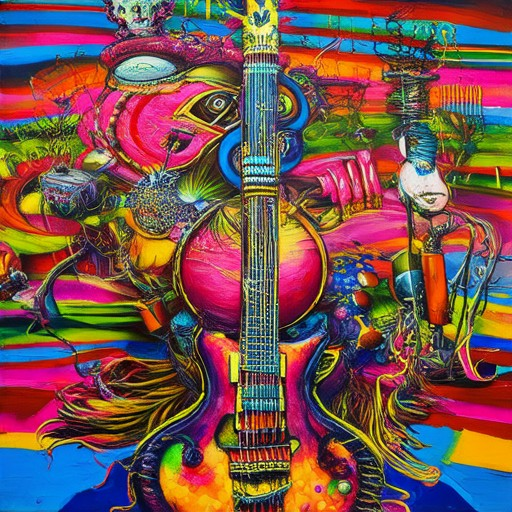
What Was Funk Influenced By?
Funk emerged in the mid-1960s, primarily from African American communities in New Orleans, drawing from a rich tapestry of musical styles and cultural influences. Here’s a breakdown of its primary influences:
- Jazz : Funk shares a deep connection with jazz, particularly through its syncopated rhythms and improvisational nature. Artists like Miles Davis and John Coltrane laid foundational groundwork for funk’s rhythmic base.
- Soul Music : Funk often borrows from soul music, particularly in its use of strong basslines and emotive vocals. Artists such as James Brown and Aretha Franklin were pivotal in blending soul with funk.
- African Rhythms : At its core, funk is deeply rooted in African musical traditions, including polyrhythms and call-and-response patterns. These influences are evident in the infectious groove and primal energy of funk tracks.
- Latin Influences : Funk also incorporates elements from Latin music, particularly Afro-Cuban rhythms, adding a spicy, danceable flavor to the genre.
- Rock Music : During the late 1960s and early 1970s, funk began to incorporate elements of psychedelic rock, resulting in a more experimental and eclectic sound.
- Disco : As funk evolved, it started to embrace more danceable grooves, drawing inspiration from the disco movement that was prominent during the 1970s.
- Hip-Hop : Funk served as a cornerstone for the development of hip-hop culture, with artists sampling funk records and incorporating its beats into rap music.
Over time, funk has transcended its African American roots, influencing musicians worldwide. Its blend of raw energy, intricate rhythms, and emotional depth continues to resonate across generations and genres.
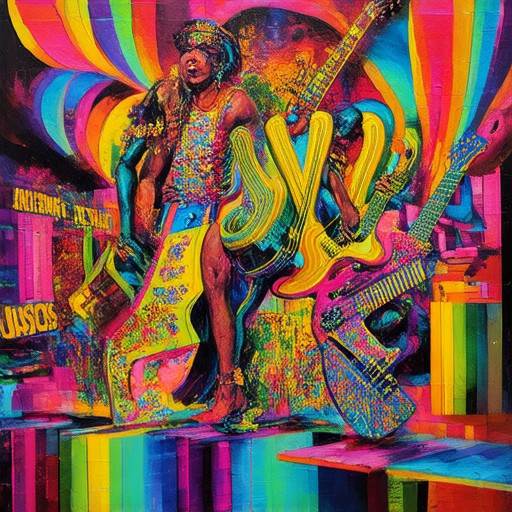
Who Invented Funks?
The origin of the term “funk” as a musical genre is often debated, but James Brown is widely recognized as a key figure in its development. His 1960s hit “Papa’s Got a Brand New Bag” is frequently cited as a foundational work in the genre. However, the creation of funk was a collaborative effort, with influences from rhythm and blues, soul, and jazz, and contributors like Wilson Pickett and The Meters also played significant roles in shaping its sound.
James Brown’s innovative vocal techniques, dynamic stage presence, and integration of spiritual themes into his music set him apart and contributed greatly to the genre’s emergence. Over time, funk evolved into a global phenomenon, influencing artists across various music genres.
While James Brown is often credited as the primary inventor, the genre’s creation was a collective effort, reflecting the cultural and artistic movements of the late 20th century.
Explore the rich history of funk music to dive deeper into its origins and evolution.
The Father of Funk
The father of funk is widely regarded as James Brown . Known for his dynamic stage presence and groundbreaking contributions to music, Brown is often credited with popularizing the genre in the late 1960s. His track ” Say It Loud, I Say It Live ” is a cornerstone of funk music, blending soul, rhythm and blues, and African rhythms into a distinctive sound. While other artists like George Clinton and Bootsy Collins also played pivotal roles in shaping funk, James Brown’s influence and recognition solidify him as the foundational figure of the genre.
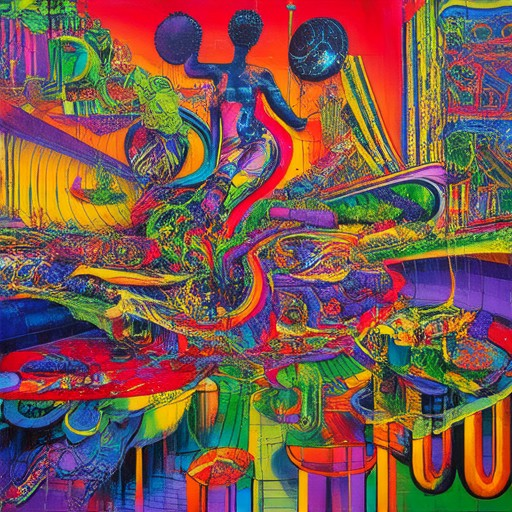
Who is Considered the Godfather of Funk Music?
The title of “Godfather of Funk” is often attributed to James Brown , a legendary figure in music history. Known as “Soul Brother No. 1,” Brown was not just a singer but a cultural icon who championed Black pride through his music. His influence extends far beyond funk, impacting genres from reggae to Afrobeat.
However, the creation of funk as a distinct genre is often credited to a collective of talented musicians who blended rhythm and blues with psychedelic rock and Latin beats. Among these key figures:
- Curtis Mayfield : As a member of The Impressions and later The Chi-Lites, Mayfield’s work in the late 1960s and early 1970s laid the groundwork for funk music, particularly with his track “We Got to Have Peace.”
- George Clinton : Frontman of Parliament and Funk Inc., Clinton’s innovative approach to funk production and his high-energy performances helped define the genre.
- Bootsy Collins : Known for his distinctive bass playing with Funk Inc., Collins’ contribution to funk basslines remains influential.
- Richard Williams : A New York DJ and producer, Williams’ famous “Kung Fu” mixtape in the early 1970s introduced funk to a broader audience, particularly within the disco scene.
While James Brown is frequently highlighted as the godfather, the evolution of funk was a collaborative effort involving these artists and others. Their combined creativity and vision shaped the genre into what it is today, influencing countless musicians across the globe.
Conclusion
The origins of funk are rooted in the contributions of several key figures, each playing a vital role in its development. James Brown, along with Curtis Mayfield, George Clinton, Bootsy Collins, and Richard Williams, collectively laid the foundation for this impactful musical genre.

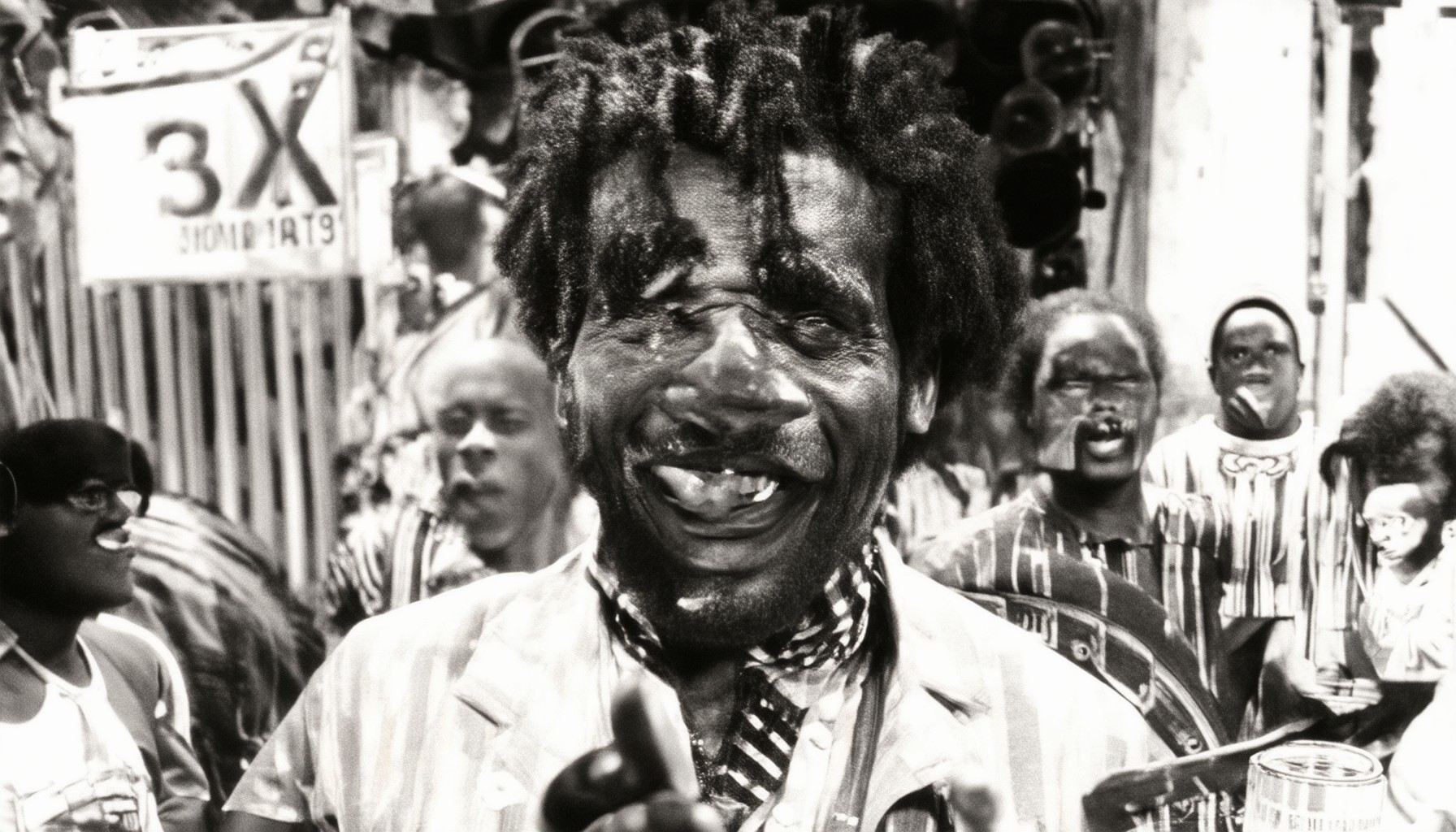

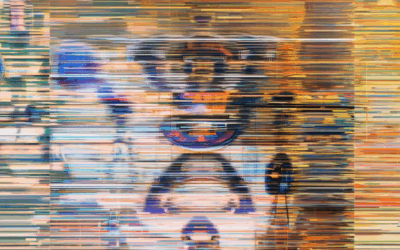
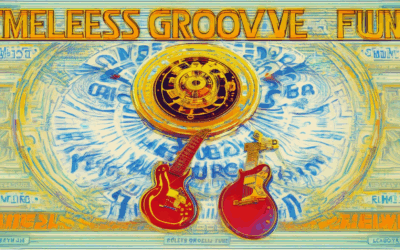
0 Comments